What is Blockchain? What is it Used For?
Discover what blockchain is and how it revolutionises digital transactions. Explore the fundamentals in this easy-to-understand guide.
In this article...
- The tech behind Bitcoin and many other cryptocurrencies.
- Decentralised and protected data has led to a whole new industry.
- Blockchain: More than just crypto.
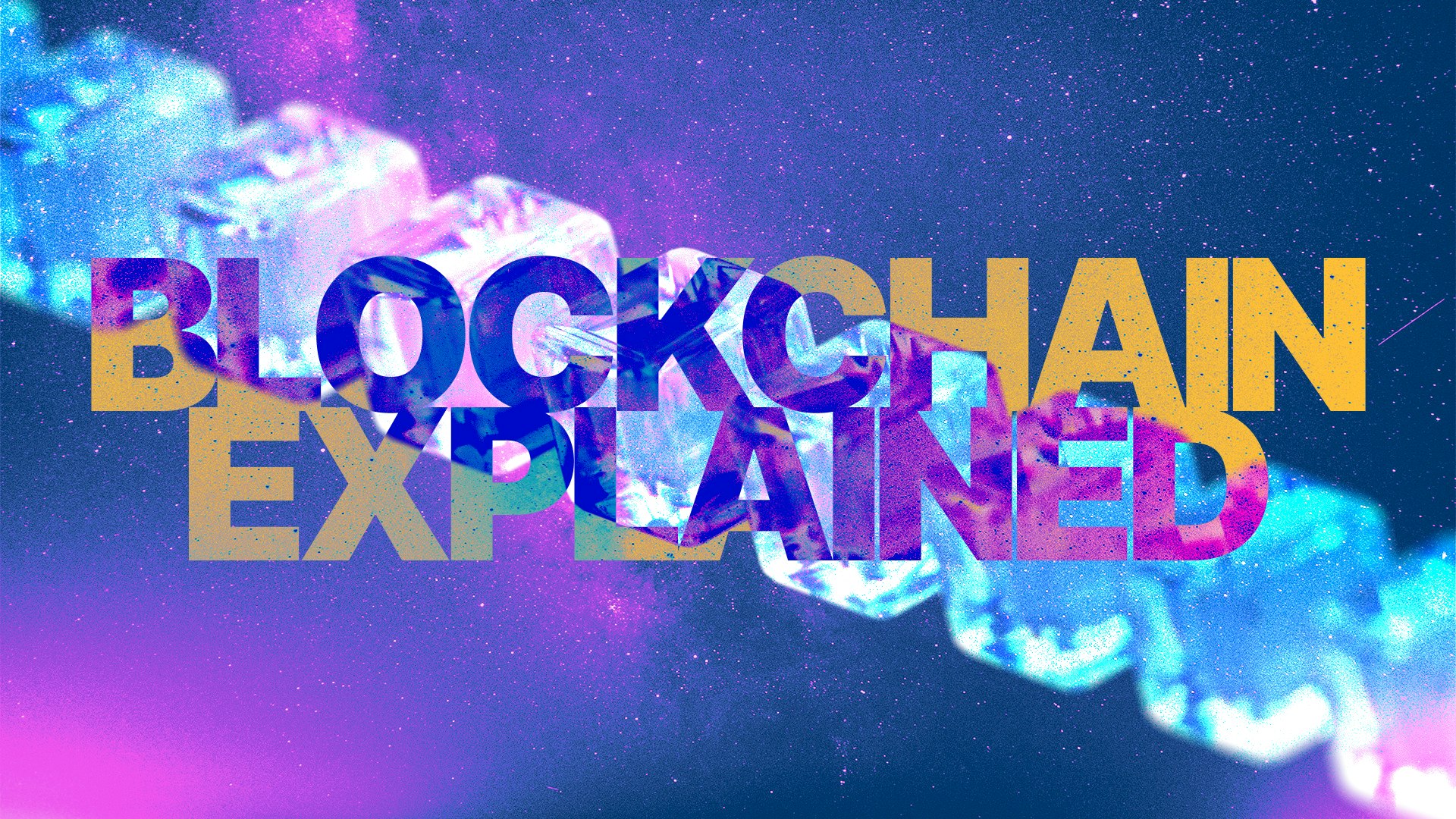
Are you asking yourself, what is blockchain? Here is the in depth explainer in nontechnical terms.
Imagine a chain of blocks, like a necklace made of interconnected beads. Each block in this chain contains information that needs to be kept in storage. Now, instead of a physical necklace, think of this chain as a digital ledger (like an organised spreadsheet).
There’s no central server controlling it. Instead, the data is stored across many computers all at once.
How Does It Work?
When someone wants to make a transaction, like sending money or recording something important, it gets added to the blockchain.
But here’s the magic: Once it’s in there, it’s pretty much impossible to change. Why? Because all those computers (called nodes) work together to validate and store the information.
More or less, all the computers have to agree that the change is legit. So anyone up to no good would have to break into every single computer to change the digital ledger. It’s hard to imagine how that could even happen.
In this way, it makes the blockchain a perpetual place to store information. This is why people call it “immutable”.
When we say that a blockchain is immutable, it means that once data (such as transactions) is recorded on the blockchain, it becomes permanent and tamper-proof.
The history of transactions stored in a blockchain cannot be altered or changed after its creation. Immutability is one of the defining properties of a blockchain system.
Real-life examples
Cryptocurrency uses blockchain to keep track of who owns what. Medical records can be stored perpetually on a blockchain, accessible only when needed. Identity documents like passports, driver’s licenses – can all be perpetually stored.
Food supply records can be kept that trace every step from farm to table. Voting using the blockchain is transparent and tamper-proof.
Art and NFTs can be recorded on the blockchain, which means that there is proof of ownership of that particular piece.
The Birth of Blockchain
How did it all begin? Back in 2008, an anonymous person (or group) named Satoshi Nakamoto introduced the concept of blockchain when they created Bitcoin, the first-ever cryptocurrency.
Bitcoin is often referred to as digital gold — except you can’t hold it in your hand. Instead, it lives on the internet.
Unlike traditional banks, where a central authority controls everything, blockchain is decentralised. No one single boss calls the shots.
In an ideal world, blockchain is a bridge that connects people, businesses, and even robots.
The Future of Blockchain
Global Trust Network
Here is where most people in the blockchain industry think it is going.
Imagine a world where trust isn’t just a handshake — it’s encoded in digital blocks. Blockchain will create a global trust network where you can verify anything… from the organic origins of your avocado to the authenticity of a rare Pokémon card.
No more shady deals or fake stuff!
Financial Revolution
Banks? Who needs them! Blockchain is already revolutionising finance. Users can send money instantly, without middlemen gobbling up fees. This is expected to increase in adoption. In fact it is already being taxed.
Health Records
Doctors and hospitals can access your health data. No more lost files!
Decentralised everything
Governments, voting, social media — everything will be decentralised. No more Big Brother watching. You’ll have a say in how things run. It’s like a digital utopia where power belongs to the people.
Remember, this isn’t sci-fi — it’s the future that is already being built.
What are smart contracts?
Not all blockchains can run smart contracts, which are like a digital agreement. Ethereum, for example, is the rockstar of smart contracts.
Bitcoin, on the other hand, does not have smart contracts, but it is like a reliable old library — it’s great for storing transaction records.
Here’s how smart contracts work. Imagine you’re ordering pizza online. You want the pizza delivered, and the delivery person wants payment. Now, what if we had a magical digital helper — a smart contract — to handle this?
A smart contract is like a digital agreement. It lives on a blockchain. Just like a regular contract, a smart contract sets rules. But here’s the cool part: It automatically follows those rules without any human intervention.
So, you order pizza. The smart contract kicks in: “When pizza arrives, pay the delivery person.”
It happens automatically without the delivery person or the pizza eater doing anything.
Features of smart contracts
Distributed: Imagine all your friends having a copy of the same contract. No one can secretly change it. Everyone’s on the same page!
Deterministic: This means the smart contract always behaves the same way. No surprises! If the pizza arrives, payment happens — every time.
Immutable: Once a smart contract is set — it can’t be altered. No sneaky edits!
Autonomous: No middlemen! The smart contract runs itself. Pizza referee not required.
Customisable: Before launching, you can tweak the rules. Want extra cheese? Customise away.
Transparent: Everyone can see the contract on the blockchain. It’s like a public pizza menu!
NFTs and the blockchain
NFTs are digital assets representing unique items — like digital art. Smart contracts handle NFT ownership and verify authenticity.
If you are a creator of NFTs, when someone buys your NFT, the smart contract can be written so that when your art changes hands, the contract triggers a payment to you automatically, like a royalty every time it sells.
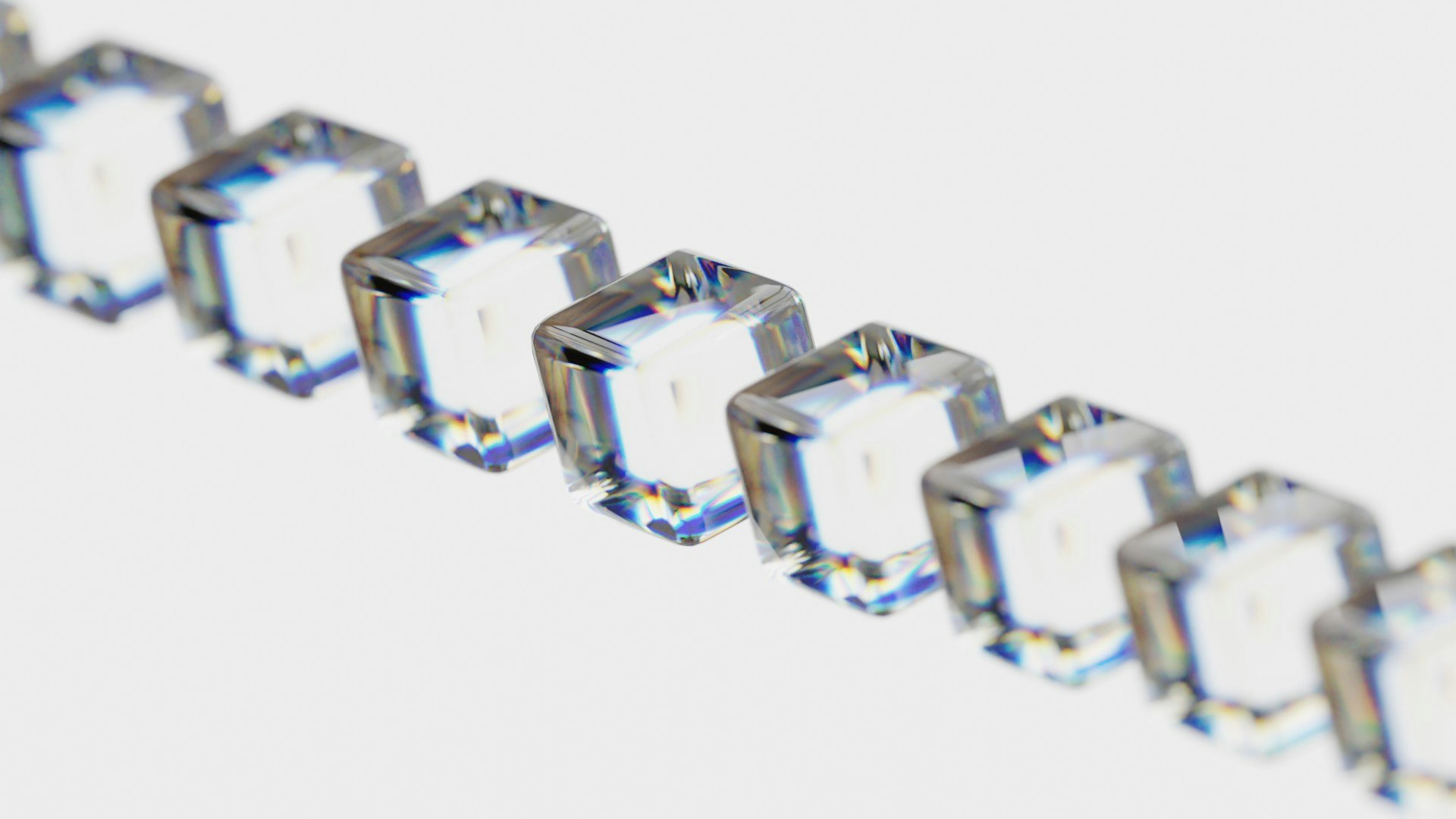
Conclusion: The future of the blockchain
Although blockchain technology is still in its adolescence, it has enormous potential for innovation and disruption. Blockchain technology can change how people interact with one another and the environment around them as it develops and scales.
And as cryptocurrency and other digital assets are more widely adopted, Blockchain will become part of the infrastructure of life.
Frequently Asked Questions
Are Bitcoin and Ethereum blockchains?
Both Bitcoin and Ethereum use blockchain technology. Whereas Ethereum is a public blockchain used to support transactions in the Ethereum network, Bitcoin is a public blockchain used to support transactions in the Bitcoin network.
Proof-of-work consensus procedures are used by Bitcoin to approve transactions and tack on new blocks to the chain.
What is blockchain?
Blockchains include a revolutionary technology called distributed ledger technology that provides a secure and transparent way for recording transactions.
Essentially, a blockchain is a digital record of transactional data grouped into "blocks" that form a chain by linking to previous blocks.
This blockchain work is carried out across a network of computers, making it decentralized. Different types of blockchains exist, including public, private, and permission blockchains.
To validate transactions and add them to the blockchain, complex algorithms require significant computational power.
This process helps make the blockchain resistant to tampering. While the Bitcoin blockchain was the first and remains prominent, blockchains are now used in various applications, such as supply chain management and financial systems.
Consortium blockchains, for instance, allow multiple organizations to collaborate and share data securely. The benefits of blockchains include increased transparency, enhanced protection, and improved competitiveness.

Suggested Articles
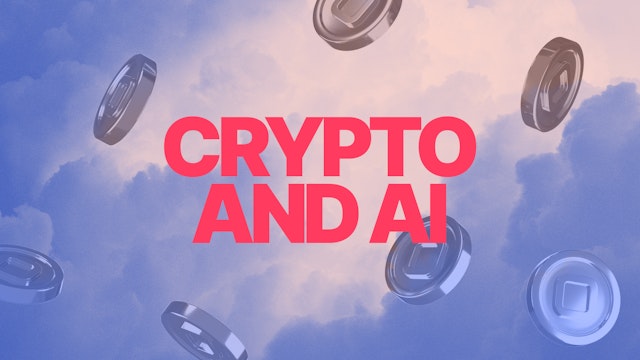
How AI Is Being Used in Cryptocurrency
AI is marching fast into every sphere on the planet, and crypto is no exception. Here are the latest developments in the merging of crypto and AI. Read more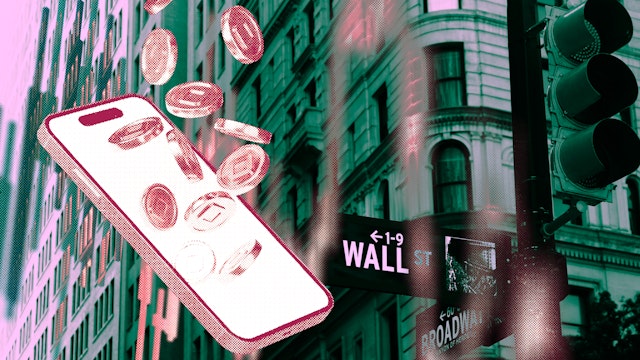
The Psychology of Crypto Trading: Why We Make Irrational Decisions
The psychology of crypto trading: Here are some ideas on how to avoid mistakes.Read more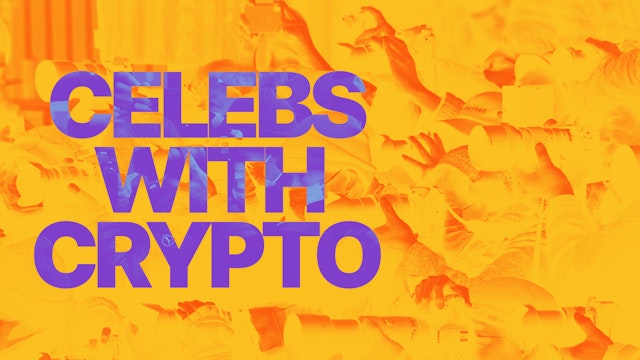
Does Your Fave Crypto Exchange Have a Celebrity Logging on as Well?
Many celebs have been connected with the blockchain. Has your fave celeb been indulging in crypto exchange life?Read moreBrowse by topic
The above information is not to be read as investment, legal or tax advice and takes no account of particular personal or market circumstances; all readers should seek independent investment, legal and tax advice before investing in cryptocurrencies. There are no government or central bank guarantees in the event something goes wrong with your investment. This information is provided for general information and/or educational purposes only. No responsibility or liability is accepted for any errors of fact or omission expressed therein. CoinJar Europe Limited makes no representation or warranty of any kind, express or implied, regarding the accuracy, validity, reliability, availability, or completeness of any such information. Please remember past performance is not a reliable indicator of future results. Don't invest unless you're prepared to lose all the money you invest. Due to the nature, complexity and volatility of crypto, it may be perceived to be a high-risk investment.
CoinJar Europe Limited is authorised by the Central Bank of Ireland as a crypto-asset service provider (registration number C496731).
Your information is handled in accordance with CoinJar’s Privacy Policy.
CoinJar Europe Limited is authorised by the Central Bank of Ireland as a Crypto-Asset Service Provider (CASP) under Regulation (EU) 2023/1114 (MiCAR) to provide crypto-asset services in the European Union (registration number C496731).
For more information on our regulatory status and the crypto-asset services we are authorised to provide, please see our official announcement and our MiCAR Legal & Regulatory Information page.
Apple Pay and Apple Watch are trademarks of Apple Inc. Google Pay is a trademark of Google LLC.
This site is protected by reCAPTCHA and the Google Privacy Policy and Terms of Service apply.

